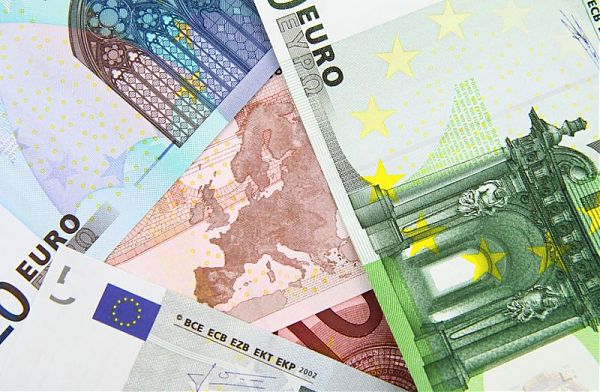by Domenico Letizia*
ROME (ITALPRESS/MNA) – The growth rate of the Albanian economy, which has been rising in recent years, is expected to be the best of the Balkan area in 2018. The development of the Gross product is driven by several components: private consumption, a significant increase in exports and investments in general with specific focus on public ones related to the construction of civil infrastructures. However, the strong commercial dependence with strategic partners, such as Italy, should be emphasized, given that the ongoing economic recovery contributes to the increase in Albanian economic activity. With regards to the Banking System, as a whole, Silvio Pedrazzi, Chief Executive Officer and Board of Directors Member of Intesa SanPaolo Bank Albania, recently stated in an interview that there are excellent parameters of liquidity and capital solidity which however are in contrast with some structural problems that can be traced back to the modest size of most Banks, to the high level of Problem Loans and to a low level of profitability.
Moreover, even though Albania has joined the agreements for the exchange of tax and financial information (CRS – Common Reporting Standards) from the beginning, to date the competent Authorities have not yet issued the implementation instructions; the financial intermediaries are therefore not able to provide the public administration with the expected data. It should be noted that as a rule the Government and the “Donors” do not grant any financing directly to the commercial banks. The financial contributions made available by these subjects are aimed at the development of certain specific sectors or actions aimed at improving civil and social infrastructures.
In this context, the loans granted directly to the Albanian State by International Financial Institutions (such as World Bank, EBRD and other similar bodies) for the construction of improvements to the infrastructures (water, electricity, road networks, reduction of energy consumption) or for the efficiency of the public administration (reform of the Cadastre, reform of justice, etc.). In this case, the funds obtained are then injected into the local economy mainly through the use of tenders and / or contracts that can be attended by individual private companies, both local and foreign. In parallel, other funds are injected to provide the commercial banks with sources of funding to support and / or guarantee specific types of loans in specific economic sectors.
This is the case, for example, of the Guarantee Fund for Agribusiness (which covers up to around € 100 million) and funds for the development of female entrepreneurship (Women in Business). It should be remembered that the high Italian business presence is unique, a presence in almost all economic sectors, from manufacturing, to infrastructures and services; there are large, small and very small companies, constituting, as a whole, an extraordinary wealth both for Albania and for Italy. Italian entrepreneurs have been true pioneers, among others, in the renewable energy sector, in manufacturing processes and in the provision of services.
* Responsible for the Communication of “Italian Network” and President of the Research Institute of International Economics and Politics (Irepi)
(ITALPRESS/MNA)















